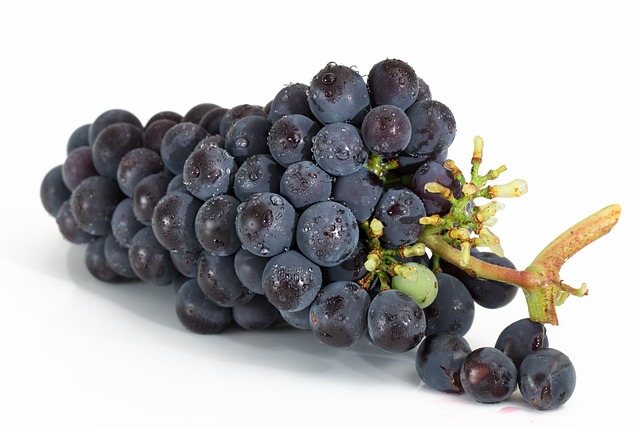The ABCs of Probiotics: A Beginner’s Guide to Gut Health
The human gut is home to roughly 100 trillion bacteria, with most residing in the large intestine. These bacteria, along with fungi and other microbes, make up our gut microbiome. Our gut microbiome plays a crucial role in our overall health and wellbeing, and one way to take care of it is by consuming probiotics.
What Are Probiotics?
Probiotics are live microorganisms that, when consumed in adequate amounts, provide several health benefits. These microorganisms are usually bacteria, but some types of yeasts can also act as probiotics. Probiotics are naturally found in the human body, but they can also be found in fermented foods, supplements, and drinks.
Health Benefits of Probiotics
Probiotics offer several health benefits, including:
- Boosting the immune system: Probiotics help to enhance the body’s immune response, which in turn helps to prevent infections and diseases.
- Reducing inflammation: Probiotics have been shown to reduce inflammation in the gut and other parts of the body, which can help to prevent chronic diseases such as diabetes, heart disease, and cancer.
- Improving digestion: Probiotics aid in the digestion and absorption of nutrients, which can help to prevent digestive disorders such as irritable bowel syndrome (IBS), constipation, and diarrhea.
- Managing weight: Probiotics can help to regulate appetite and reduce calorie absorption, which can aid in weight management.
- Mental health: Research suggests that the gut microbiome can influence the brain and may play a role in conditions such as anxiety and depression. Probiotics have been shown to improve mood and cognitive function.
Sources of Probiotics
Probiotics can be found naturally in several foods, including:
- Yogurt: Contains some of the most well-known probiotic strains, such as Lactobacillus acidophilus and Bifidobacterium lactis.
- Kefir: A fermented milk drink that contains several strains of probiotics.
- Sauerkraut: Fermented cabbage that contains several strains of probiotics and is also a good source of vitamin C.
- Kimchi: A traditional Korean dish made from fermented vegetables that is high in probiotics and also a good source of vitamin K and iron.
- Miso: A Japanese seasoning made from fermented soybeans that contains several probiotic strains.
Probiotic supplements are also widely available and can be a convenient way to increase your probiotic intake. However, it is important to choose a high-quality supplement from a reputable brand to ensure that the strains are viable and effective.
Probiotics and Prebiotics
Prebiotics are a type of fiber that is not broken down by the body, but instead, feeds the friendly bacteria in the gut. Prebiotics act as a food source for probiotics, allowing them to thrive and do their job. Prebiotics are found in several foods, including:
- Onions and garlic
- Asparagus
- Bananas
- Artichokes
- Whole grains
Consuming a diet rich in prebiotic foods can help to support the growth of probiotics and improve gut health.
Conclusion
Probiotics are microorganisms that provide several health benefits, including improving digestion, boosting the immune system, and reducing inflammation. They can be found naturally in fermented foods or in supplement form. Consuming a diet rich in prebiotic foods can also help to support the growth and effectiveness of probiotics. By prioritizing gut health through probiotics, we can improve overall health and wellbeing.







